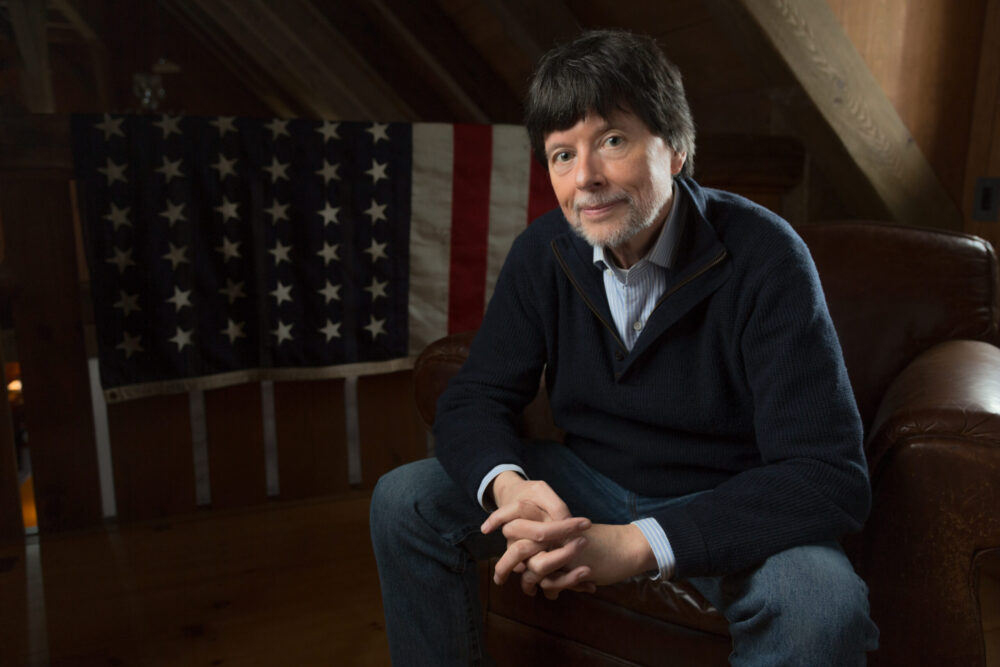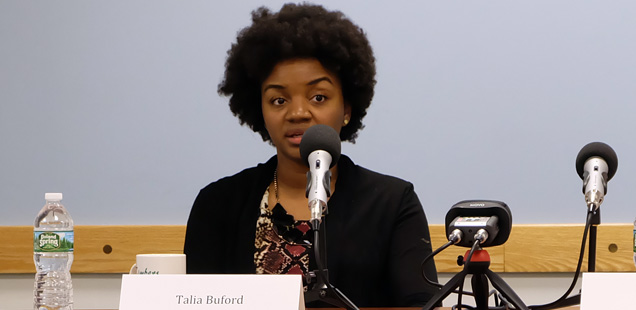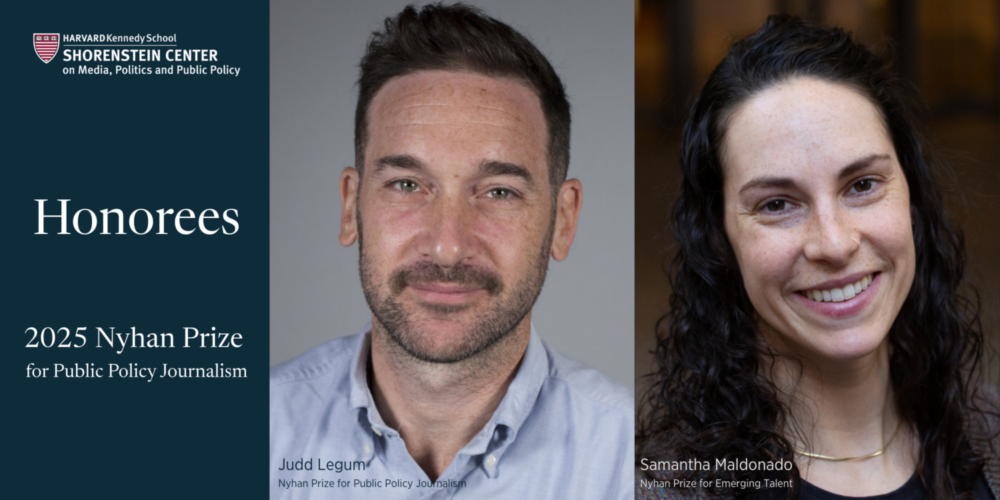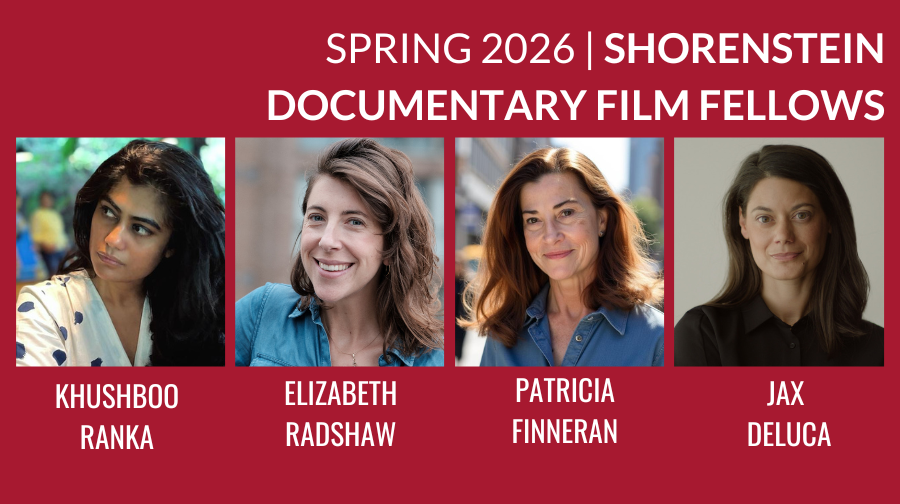
Center News
Ken Burns to give Theodore H. White Lecture on Press and Politics
Newsletter

ProPublica’s Talia Buford on Environmental Inequity. Talia Buford, reporter for ProPublica, discussed environmental justice, the complexities of covering the environment, how environmental policy is changing under the Trump administration, and more.
Honoring Martin Luther King, Jr., Fifty Years After His Death. Jelani Cobb, A.M. Rosenthal Writer-in-Residence, writes, “It is either damning irony or inspiring continuity—or, possibly, both—that the fiftieth anniversary of King’s death falls amid the largest antigun-violence mobilization that we have seen since he departed.”
Half a century later, MLK’s work remains unfinished. Donna Brazile, fall 2017 fellow, writes, “Fifty years after his death, the racial inequalities in jobs, wages, incomes and wealth are as severe as ever: in 2016 the wages of black workers were only 75 percent those of white workers, the median black household earned just 61 percent of the median income of a white household, and shockingly, the net worth of an African-American family is just 10 percent that of the average white family.”
Can Europe Lead on Privacy? Tom Wheeler, Walter Shorenstein Media and Democracy Fellow, writes about the EU’s new General Data Protection Regulation. “The regulation is powerful in its simplicity: It ensures that consumers own their private information and thus have the right to control its usage and that internet companies have an obligation to give consumers the tools to exercise that control.”
Power Needs to Be Restored to Internet Users. Micah Sifry, former Visiting Murrow Lecturer, writes, “We have a big problem and it isn’t just with Facebook or Cambridge Analytica. Nearly the entire Internet is based on the following trade: You give us intimate personal data, and we give you magical services for free. This is the original sin, and almost every major website you visit (except Wikipedia) commits it.”
This is how Cambridge Analytica’s Facebook targeting model really worked — according to the person who built it. Matthew Hindman, fall 2014 fellow, writes, “The method was similar to the one Netflix uses to recommend movies — no crystal ball, but good enough to make an effective political tool.”
Why Most African-Americans Don’t Support The Republican Party. Leah Wright Rigueur, Assistant Professor of Public Policy, says, “Donald Trump makes it extremely difficult to be black and Republican, and [to] identity with the Republican Party in ways that we really haven’t seen since the 1960s or 1970s.”
The March for Our Lives and Intersectional Youth Organizing featuring Amanda Matos and Professor Khalil Muhammad. Khalil G. Muhammad, Professor of History, Race, and Public Policy, discusses the March For Our Lives movement, the tension between the question of gun violence in communities of color and the narrative of mass shootings, and the power of youth organizing to develop a platform against gun violence on a Harvard Kennedy School Review podcast.
Veteran investigative reporter Charles Lewis to receive I.F. Stone Medal for Journalistic Independence. In recognition of his efforts to strengthen and support the work of investigative journalists in the U.S. and abroad, journalist, author, and spring 2006 fellow Charles Lewis has been awarded the 2018 I.F. Stone Medal for Journalistic Independence. He will receive the award during a ceremony in Cambridge, MA, on May 3, 2018. Congratulations!
Why Trump’s Misguided China Tariffs Won’t Help the US. Zachary Karabell, fall 1997 fellow, writes, “Rather than trying to create a more closed economy than can compete with the industries of yesterday, the US should focus on what will make the nation competitive tomorrow and decades from now.”
Men’s NCAA Tournament teams still have miserable graduation rates. Derrick Z. Jackson, fall 2016 fellow, writes, “In a men’s college basketball season marred by the federal investigation into bribes to assistant coaches and illegal payments to players at many perennial powers, the longest-running scandal of all continues with no end in sight: the disparate graduation rates for African-American players.”
Roseanne Barr and her critics: Why is anyone bothered by a fictional Trump supporter on TV? Melinda Henneberger, spring 2013 fellow, writes, “If you didn’t know better, you’d swear that some people believe that even fictional Trump supporters have no place on network television.”

Center News

Center News

Center News